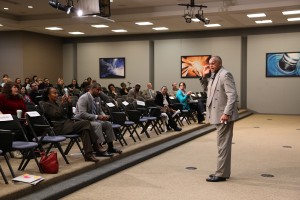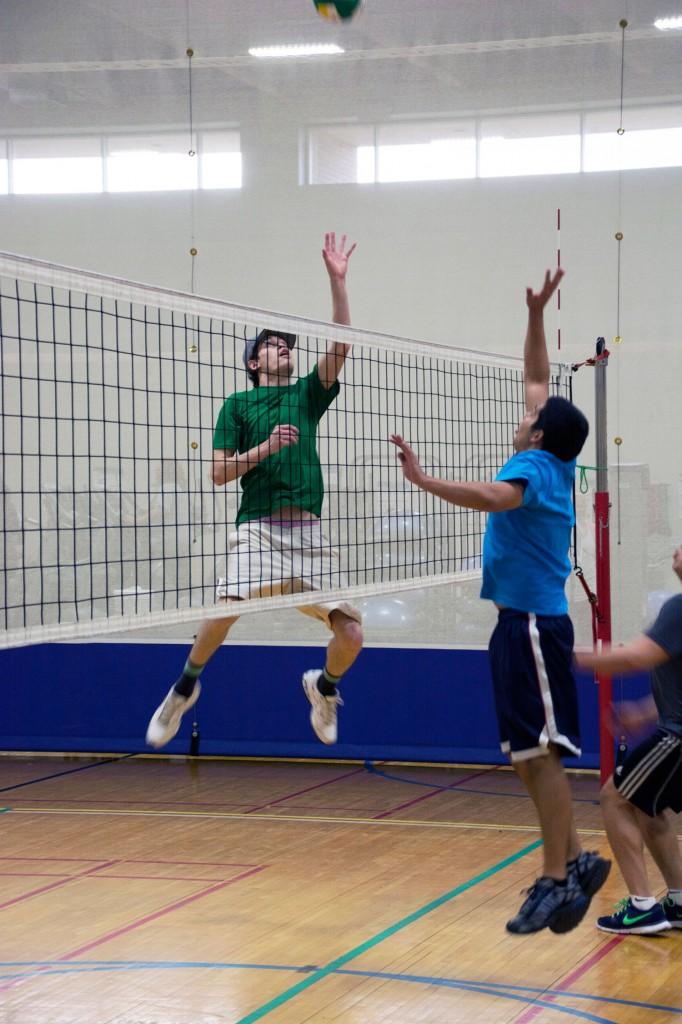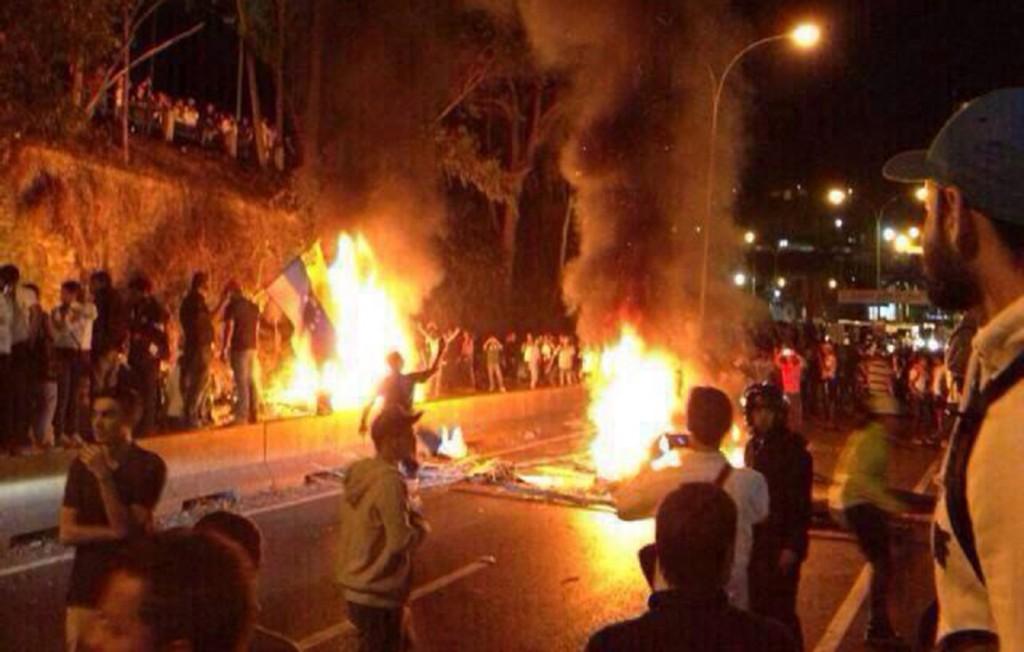By Jamil Oakford/reporter

Two U.S. athletes achieved the opportunity many dream of: medaling in track and field’s 200 meters in the Olympics.
But instead of being revered for their incredible performance on the world stage, they were shunned by the very country they represented.
Tommie Smith and John Carlos traveled with the rest of the American team to Mexico City for the 1968 Summer Olympics. Smith was on TR Campus Feb. 27 to talk to students and discuss ESPN’s Return to Mexico City, a documentary of the event and its ramifications.
When Smith, who came in first, and Carlos, who came in third, took the podium, they both bowed their heads and raised a fist in the air. That symbol of black power was taken so strongly by so many that in that moment their lives forever changed — all it took was a raised fist.
“Stepping off that victory podium, another chapter started,” Smith said. “I call it My Victory Stand.”
They were forced to leave the Olympic Village and Mexico City early, asked to return their medals, denied entry into the Olympic Hall of Fame and, worse, treated poorly once they returned home.
“[People] took the gesture as something that was anti-American,” philosopher Cornel West said in the movie. “They were anti-injustice in America.”
Death threats were among the many injustices they faced after their return to the United States.
“You thought you had buddies, but they turned their backs,” said Carlos in the movie.
Smith finished college, but he was dropped from ROTC because of the silent protest. He also opted to take night classes out of fear. He graduated with a bachelor’s in military science and physical education and later earned a master’s in sociology.
The hostile environment Carlos and Smith endured as a repercussion for their silent act of protest on the podium led not only to the two drifting apart but to Carlos’ wife taking her life.
In the film, Carlos’ children noted that it was the first day they saw their father cry.
Forty years later, Mexico City held a celebration for the ’68 Olympics. For the first time in nearly 30 years, Carlos and Smith were reunited.
“I got a special feeling of coming home,” Smith said.
The two walked the track together, and Smith referred to the stadium as a symbol of world peace.
When asked if there was any significance to Smith holding up his right fist and Carlos holding up his left, Smith was quick to answer.
“Yeah,” he said, “we only had one pair of gloves.”
TCC student Kate Irvin called the presentation inspirational.
“Makes you want to go out and stand up for what you believe in,” she said.
Smith offered encouragement to the students.
“I challenge you to take advantage of the bridges that have been laid,” he said.
He also warned of the problem with thinking of racism as a non-factor today.
“Racism is much alive, and ignorance is its master,” he said. “I challenge you to stand.”























